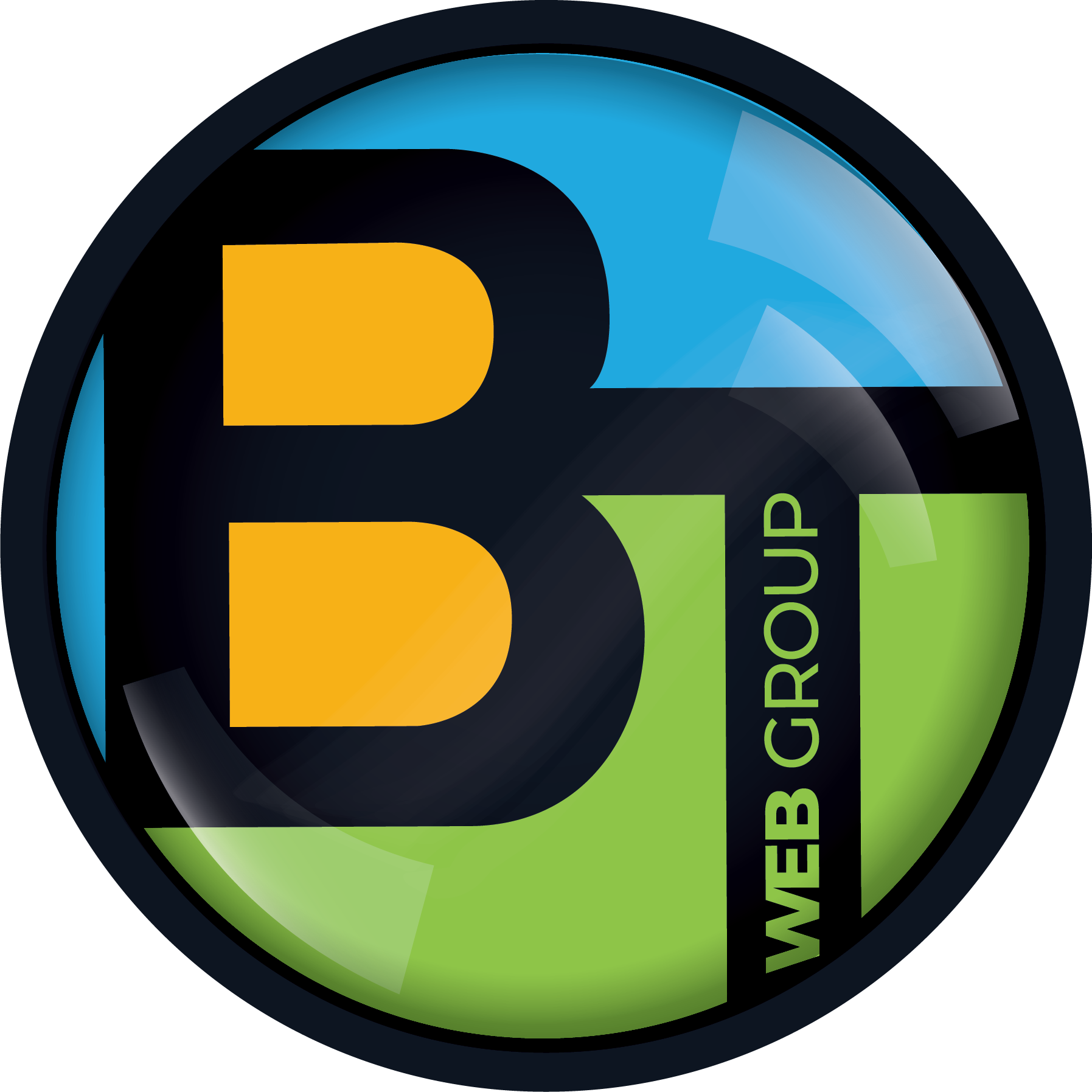How AI and Automation Will Transform Digital Marketing
Artificial Intelligence (AI) and automation have been steadily revolutionizing digital marketing, and 2025 will be no different. As businesses leverage cutting-edge technologies, AI-driven strategies will redefine how brands connect with their audiences, optimize campaigns, and enhance customer experiences.
The digital marketing landscape is evolving, and AI is at the forefront of this transformation. From intelligent chatbots and hyper-personalized content to predictive analytics and automated advertising, AI and automation will drive efficiency, improve targeting, and enhance overall marketing effectiveness.
In 2022, the AI market in marketing was valued at $12.64 billion, according to Grand View Research. With a projected annual growth rate of 26.6% through 2030, AI adoption in marketing is accelerating rapidly. This expansion highlights AI’s increasing role in enhancing campaign efficiency and delivering more relevant customer experiences. Marketers who adopt AI-powered tools will gain a competitive edge, allowing them to create more engaging and seamless customer experiences while saving time and resources.
In this article, we explore the key ways AI and automation will transform digital marketing in the coming year, highlighting advancements businesses need to embrace to stay ahead in this rapidly changing industry.

1. Hyper-Personalization at Scale
In 2025, AI will push personalization to new heights. Brands will leverage AI-driven customer insights to deliver hyper-personalized content, product recommendations, and experiences. Machine learning algorithms will analyze vast amounts of customer data in real-time, allowing businesses to create personalized email campaigns, website experiences, and ad placements tailored to individual preferences.
Key Benefits:
- Increased customer engagement and loyalty
- Higher conversion rates through tailored messaging
- Improved customer satisfaction with relevant content
- Enhanced targeting through predictive analytics
2. AI-Powered Content Creation and Optimization
AI-driven content generation tools will become more advanced, assisting marketers in creating high-quality, engaging content with minimal effort. Natural Language Processing (NLP) models, such as OpenAI’s ChatGPT, will help brands craft compelling blog posts, social media captions, and ad copy in seconds. Additionally, AI will analyze content performance and suggest optimizations based on audience engagement data.
How AI Will Help:
- Generate blog posts, social media updates, and video scripts
- Optimize content for SEO using AI-powered insights
- Automate A/B testing for headlines, images, and CTAs
3. Automated Chatbots and Conversational Marketing
Chatbots powered by AI will play a central role in customer interactions. These bots will be more human-like, capable of understanding and responding to complex queries with real-time, context-aware answers. Businesses will deploy AI chatbots across websites, social media, and messaging apps to provide instant customer support, nurture leads, and drive conversions.
Expected Advancements:
- Enhanced natural language understanding for fluid conversations
- Integration with CRM systems for personalized customer interactions
- Voice-based AI chatbots for a seamless omnichannel experience
4. AI-Driven Predictive Analytics
AI-powered predictive analytics will allow marketers to anticipate customer behavior with remarkable accuracy. Businesses will use AI to analyze historical data and predict future trends, enabling them to refine their marketing strategies proactively.
Applications in Marketing:
- Predict customer purchase behavior and preferences
- Optimize ad spending with AI-driven insights
- Identify potential leads and high-value customers
- Reduce churn rates through early detection of disengaged users
5. Smarter Programmatic Advertising
Programmatic advertising—automated, AI-powered ad buying—will continue to evolve in 2025. AI will help marketers target the right audience at the right time, using Real-Time Bidding (RTB) and machine learning algorithms to optimize ad placements across multiple channels.
Improvements in Programmatic Advertising:
- AI-driven audience segmentation for more precise targeting
- Automated ad creation and optimization
- Better fraud detection and ad transparency
- Dynamic pricing models based on real-time demand

6. AI for Voice Search and Visual Search Optimization
As voice and visual search grow, AI will help businesses optimize their content for these emerging search trends. Voice assistants like Alexa, Siri, and Google Assistant will influence search engine algorithms, making voice search optimization a key focus for digital marketers.
Key Considerations:
- AI-generated voice search-friendly content
- Image recognition technology for better product discovery
- Enhanced SEO strategies tailored for conversational queries
- AI-driven keyword research to align with natural speech patterns
7. Marketing Automation for Efficiency
AI-powered automation tools will streamline repetitive marketing tasks, allowing businesses to focus on strategy and creativity. From automated email marketing campaigns to AI-driven social media scheduling, marketing teams can maximize efficiency while maintaining high engagement levels.
Key Automation Tools:
- AI-powered CRM systems for customer segmentation
- Automated email workflows based on user behavior
- AI-driven social media scheduling and monitoring
8. Ethical AI and Data Privacy Considerations
As AI becomes more integrated into digital marketing, businesses must address ethical concerns and data privacy regulations. Transparency in AI-driven decision-making and responsible data usage will be critical to maintaining consumer trust.
Best Practices for Ethical AI Marketing:
- Ensure transparency in AI-driven recommendations
- Comply with GDPR and other data privacy laws
- Provide users with control over their data and AI interactions
- Use AI responsibly to avoid bias in marketing campaigns
Conclusion: Embracing the Future of AI in Digital Marketing
AI and automation will continue to shape the digital marketing landscape in 2025, offering businesses new opportunities to enhance engagement, optimize campaigns, and drive conversions. From hyper-personalization to predictive analytics and smarter ad strategies, AI is revolutionizing how brands connect with their audiences.
By embracing these technological advancements, marketers can stay ahead of the competition and deliver seamless, personalized customer experiences. For businesses looking to integrate AI-driven digital marketing strategies, BT Web Group is here to help. Contact us today to explore innovative solutions tailored to your brand’s needs!
Related Post




